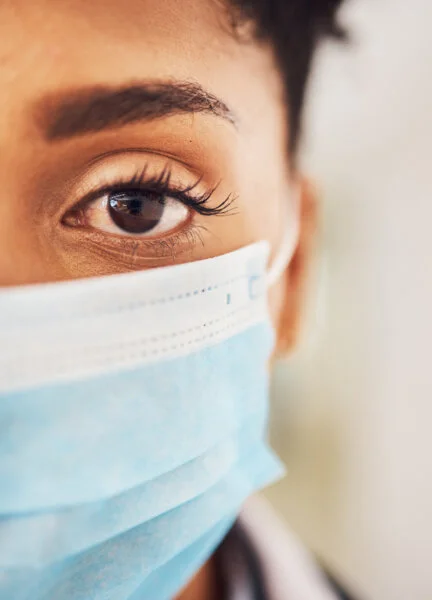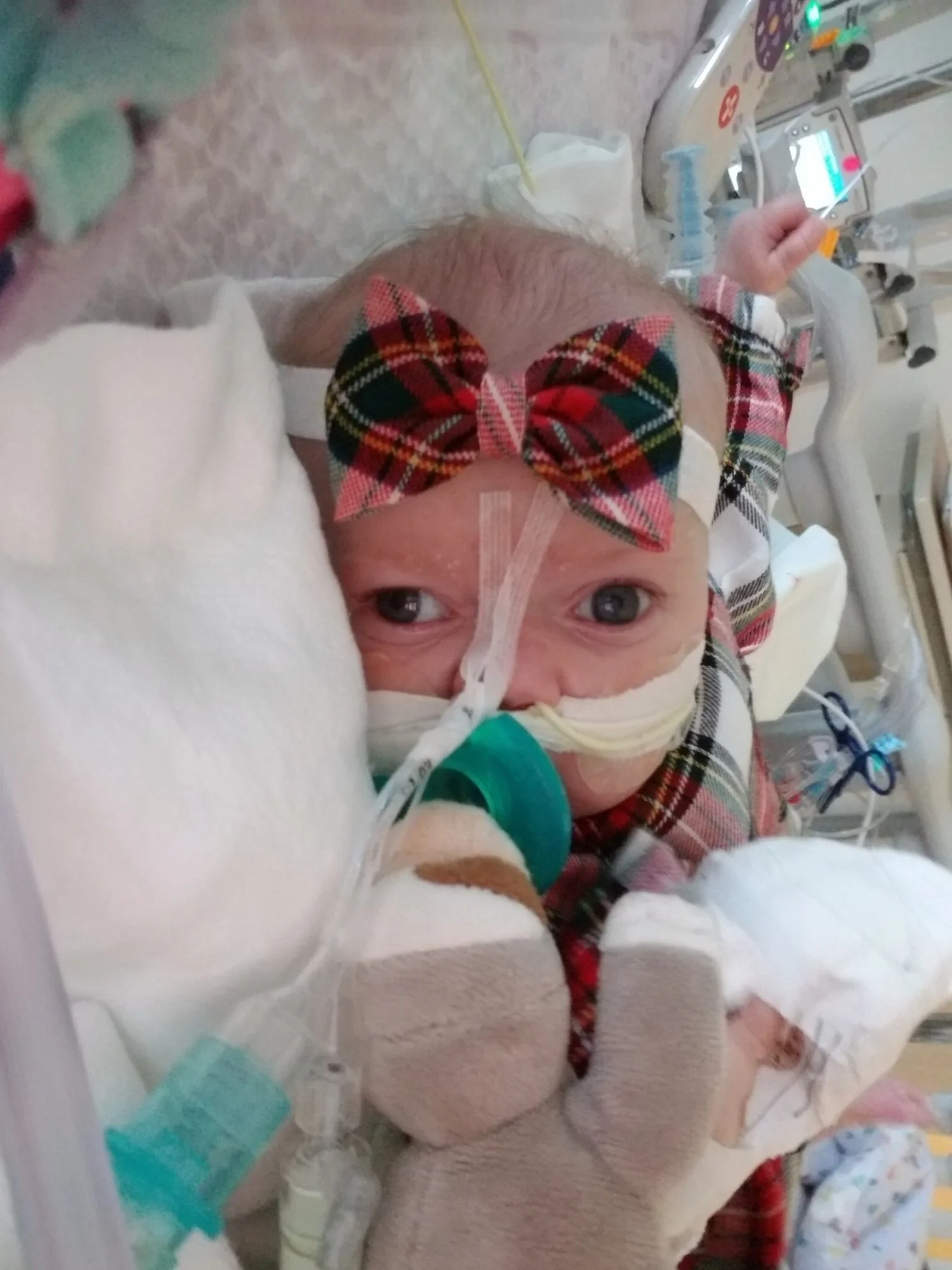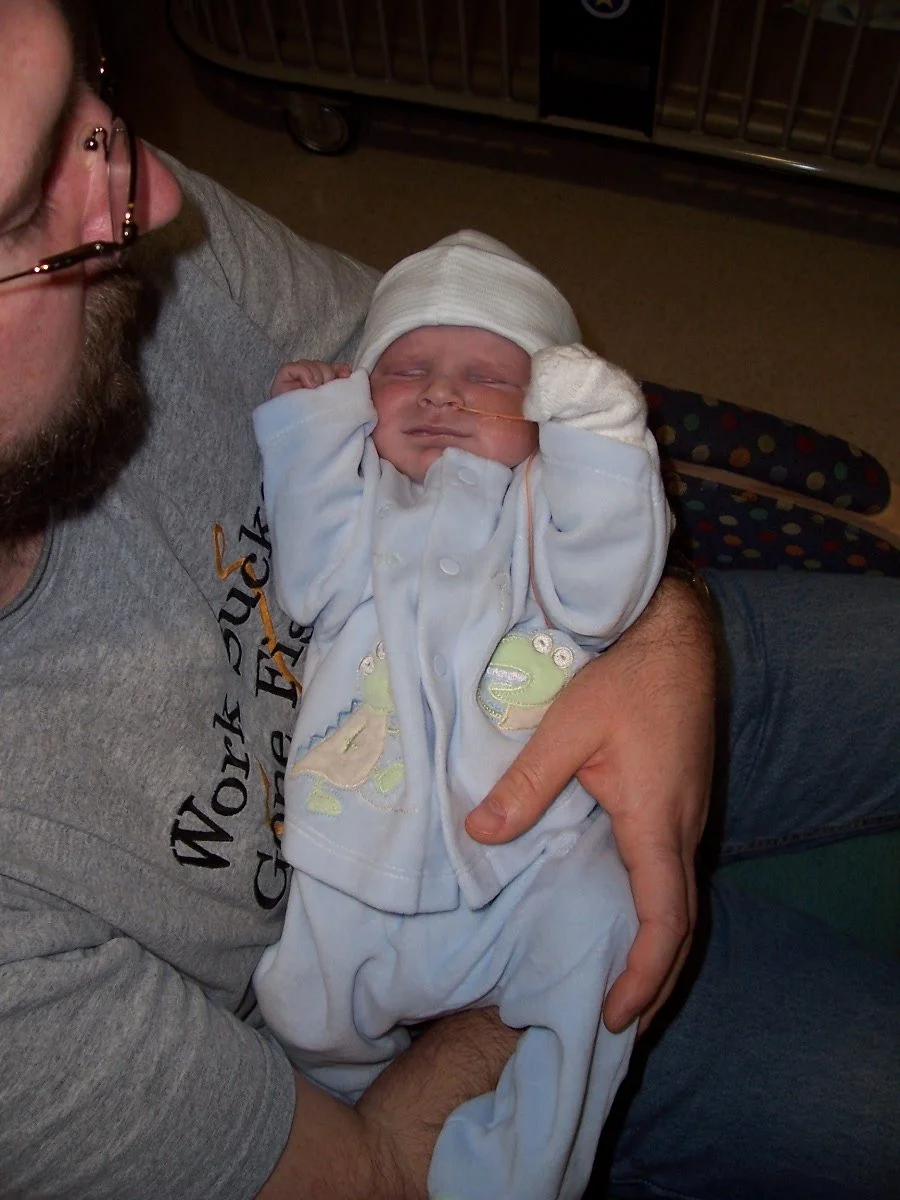Millions
Recovered for
Our Clients

Healthcare-associated Infection (HAI) Outbreaks
Virginia Mason has sent letters to patients it suspects were exposed. It has implemented “increased safety measures” and is providing treatment to infected patients. Public officials say the continuing risk to Virginia Mason patients is unknown because the incubation period between infection and illness can take months.
What Is Klebsiella Pneumoniae?
Klebsiella pneumoniae is a bacteria that can cause different types of healthcare-associated infections, according to the CDC. These include pneumonia, bloodstream infections, wound or surgical site infections, and meningitis. Klebsiella pneumoniae bacteria have developed antimicrobial resistance, most recently to a class of antibiotics known as carbapenems. This makes infections much more difficult to treat.
Carbapenem resistance is the same type of bacterial antibiotic resistance that has led to a worldwide recall of over-the-counter eyedrops, where multiple people have become blind or died as a result of pseudomonas aeruginosa infections. The Stritmatter Firm represents the family of one of the individuals who died from using these eye drops.

When and How Were/are Patients Infected?
Virginia Mason reports on its website that it detected an increase in Klebsiella pneumoniae starting in October 2022. The last “confirmed case was identified on April 3.” Public health agencies have noted that the outbreak is “ongoing” though the numbers of new infections is decreasing.
The 31 cases are considered “related,” likely meaning Virginia Mason identified them as the same strain, from a common source. The infected patients were located in different parts of the hospital including inpatient rooms, an intensive care unit and an operating room.
The source of the Virginia Mason infections is “still under investigation,” according to the hospital.
Klebsiella pneumoniae bacteria are normally found in the intestines, where they do not cause disease. To cause an infection, Klebsiella pneumoniae bacteria must enter the respiratory tract (breathing) to cause pneumonia, or the blood to cause a blood stream infection.

Healthcare providers diagnose Klebsiella pneumoniae with lab tests. It is usually treated with antibiotics and instructions that must be strictly followed.
Klebsiella pneumoniae bacteria can spread through person-to-person contact (contaminated hands), or less commonly by contamination of the environment, such as hospital surfaces. The bacteria are not spread through the air. In hospitals, patients can be exposed to Klebsiella pneumoniae bacteria when they are on ventilators, have IV catheters, or by wounds caused by surgery or injury.
People who are sick, immunocompromised or have had lengthy antibiotic treatment are at the highest risk of being infected.
How is Klebsiella Pneumoniae Diagnosed and How is It Treated?
Healthcare providers diagnose Klebsiella pneumoniae with lab tests. It is usually treated with antibiotics and instructions that must be strictly followed.
How the Stritmatter's Team of Attorneys Can Help You
The Stritmatter Firm has extensive experience in representing victims of hospital infections and drug-resistant infections, including the Seattle Children’s Aspergillus mold outbreak and a class action for child patients. Our firm also has significant experience representing victims of mass tort cases—we were the lead attorneys for the Ride the Ducks case.
If you or anyone you know has been affected by the Klebsiella pneumoniae outbreak at Virginia Mason in Seattle, please contact our firm.
For more information, see:
- King County Public Health: Q&A on recent Klebsiella outbreak at Virginia Mason medical center CDC Website
- WebMD
- Seattle Times
Explore more of our case studies below, or schedule your free consultation today

"*" indicates required fields




